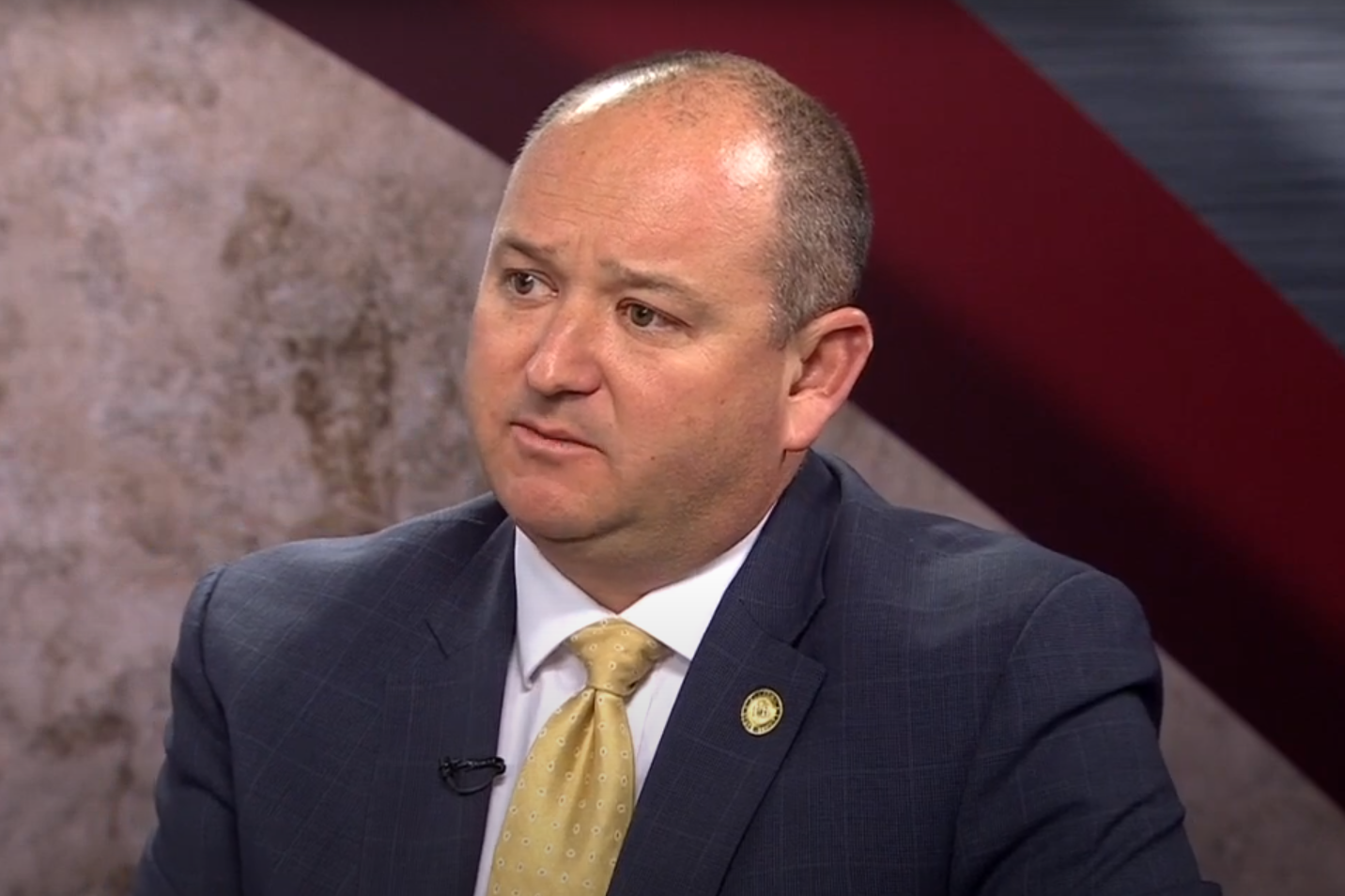A bipartisan bill to reform occupational licensing in Alabama has been filed by State Sen. Chris Elliott (R-Josephine), who says the way the state handles licensing has cost people entry into the labor force.
Senate Bill 156 (SB156) would create the Occupational Licensing Division under the Secretary of State’s Office. An executive director of boards would be appointed to manage the boards in the state. The director and his staff would serve as the administrative staff for the board.
Elliott said this process would streamline licensing and decrease costs to the boards, and in turn, make it cheaper for professionals to become licensed.
“For some of these occupations, the difference between a $50 license and a $200 license is the barrier to entry,” said Elliott. “They could otherwise be in one of these professions, but they just may not have the start-up money that will allow them to go through this licensing process.”
Secretary of State Wes Allen does not agree with placing the division under his office.
"Although I understand the purpose of the bill, I do not feel that the Secretary of State’s office is the right vehicle for its implementation," Allen said in a statement to 1819 News.
In the bill, boards would not be allowed to drastically increase licensing fees.
“They cannot charge more for license fees that it costs to administer the function, so you’re not going to end up with a situation where you’re making a bunch of money off of it,” Elliott continued. “It’s just enough to manage what the board is doing.”
Chris King, chairman of the Alabama Board of Athletic Trainers, is not supportive of the bill. After serving nine years on the board, he said he prefers to keep important decisions up to board members.
“I think that it works well to have a competitive option for an executive director,” said King. “I think that helps, and so I would feel best that each individual board could have the ability to choose who their director is … The number one purpose of our board, because it’s medical, is to protect the public … So, having standards, following those standards, recording those standards, there is a consistency there. We have to have guidance from the inner workings of the state. Our job is to work, and the board’s job is to protect the consumer.”
Elliott pointed out that the bill does not change the makeup or existence of any board in Alabama. After considering how other states, such as Georgia, operate concerning boards, he said there were many holes discovered in Alabama’s process that could present challenges to professionals.
“This makes no change to any board," said Elliott. "And that’s some of the comments I have seen so far seem to indicate otherwise and that’s not unusual in the legislative process to have folks excited for the wrong reasons. But it doesn’t change any of the boards, it doesn’t change the makeup of the boards, it just changes how the administration of those boards is handled.”
King said the Board of Athletic Trainers has not experienced issues with its current executive director, Keith Warren. Warren serves as executive director on multiple boards through a management company he owns. King said he is thankful to have someone with experience outside of the government.
“A board has a legal person attached to them,” he explained. “We have someone out of the Attorney General’s Office, and that’s our legal person. But when it comes to the inner workings of the state, an executive director with experience is vital.”
To have one executive director over all boards, King says, is putting too much power and too much responsibility on one person.
For those concerned about government control of boards, Elliott said licensing is already under the government, and that is why it is the legislature’s responsibility to fix problems that have been identified.
“It’s certainly not government overreach,” he said. “This is government and it’s my job to try to make it run as efficiently as possible and what we’re doing now is the antithesis of efficient.”
Boards in Alabama are in charge of granting or withholding occupational licenses for certain businesses, licenses which are attained through testing, education, inspection and other standards on top of regular fees and possible fines.
Some of the boards in the state include the Alabama Board of Cosmetology, the Alabama Board of Funeral Service, the Alabama Board of Dental Examiners, the Alabama Board of Heating and Air Conditioning Contractors, and the Alabama Board of Massage Therapy.
An analysis by the Alabama Policy Institute showed 151 occupations in Alabama are licensed, and over 432,000 workers are working under those licenses. API estimated the amount made off of initial occupational licenses to be around $122 million, while renewals were worth about $45 million. However, the money spent on continuing education, which is required for a license, is around $243 million annually.
Secretary of State Wes Allen is reviewing the bill and has not yet taken a position on the proposal. The full text of the bill is below.
To connect with the author of this story, or to comment, email erica.thomas@1819news.com.
Don’t miss out! Subscribe to our newsletter and get our top stories every weekday morning.










